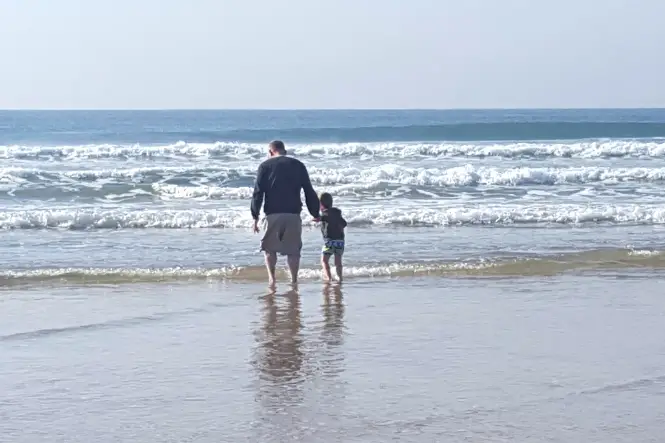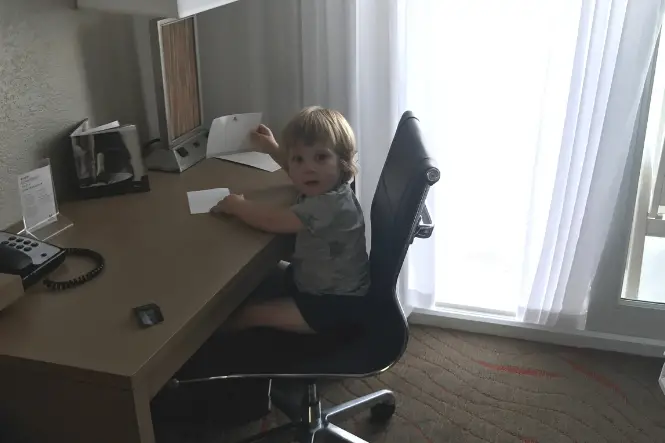The Internet, for children and adults alike, is a hugely important communications medium. Children now use the internet to help with homework (in good ways and bad), to play games with people in other countries, to instant message their friends, use chatrooms and a whole host of other activities.
Children in their teens routinely use the internet to perform tasks that you, as a parent, did at the library or using a phone, paper and pencil when you were their age. Learning computer skills is now an essential part of modern life and this can only be acquired with some practice, making it undesirable to totally restrict your child’s internet access. The good news is that internet access is becoming widespread in the UK, with the take up becoming more widespread among children and teenagers than adults.
Children’s access to the internet has grown rapidly. Below we discuss how children access the internet and what they do when they are on-line. Other articles discuss the risks and what can be done to minimise them.
What Percentage of Children Use the Internet?
A comprehensive report of internet usage by young people in the 9-19 year old age range by the London School of Economics (UK Children Go Online, 2006) found the following:
- 74% have internet access at home
- 98% have access somewhere
- 24% have broadband at home
- 22% of boys and 19% of girls had internet access in their bedroom
- 24% rely on school as main source of internet access
At home it was found that less than half of the computers were located in a public place.
How do Children Use the Internet?
Most young people access the internet for limited periods of time, on a frequent basis, with 40% being daily users. Of these daily users, 19% spend up to 10 minutes online and 48% between 10 minutes and one hour.
Of the 84% of young people that access the internet on a weekly or more frequent basis, most used it for searching for information or helping with homework. Below is a list of activities performed by children on the internet ordered by popularity.
- Obtain information on things other than school work (94%)
- Help with school work (90%)
- Send and receive emails (72%)
- Play games online (70%)
- Send and receive instant messages (55%)
- Down music (45%)
- Look for information on careers and further education (44%)
- Look for information and shop online (40%)
- Read the news (26%)
- Chat rooms (21%)
Among the 12-19 year olds who go online on a daily basis, 21% admitted to having copied work from the internet and handing it in as their own.
How do Children Access the Internet?
Children can access the internet via a number of means with 71% having home access primarily through a computer, 38% via a mobile phone, 17% via a digital television service and 8% via a games console.






